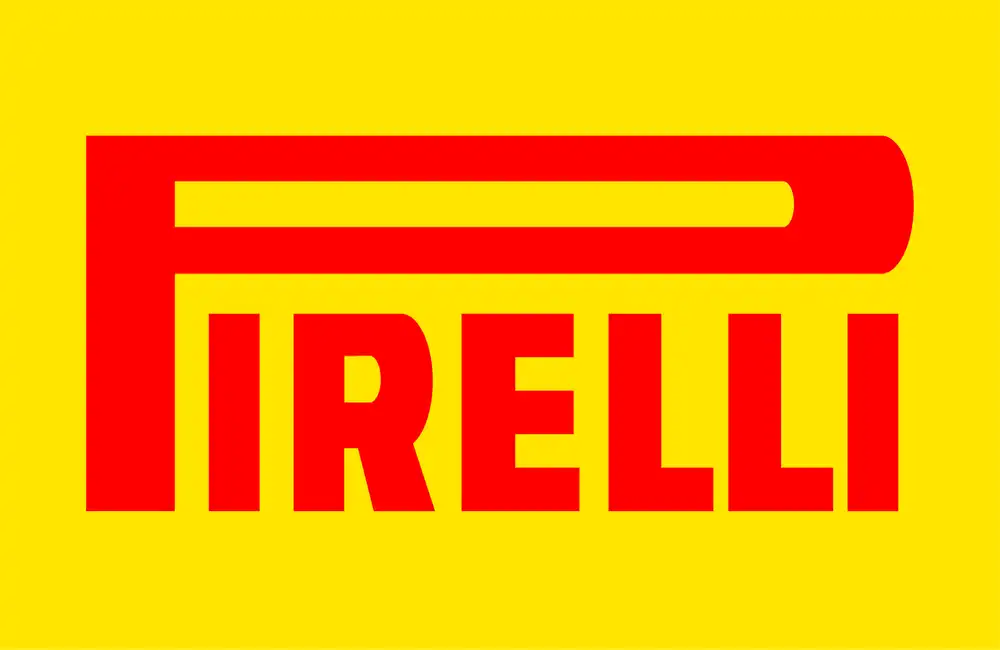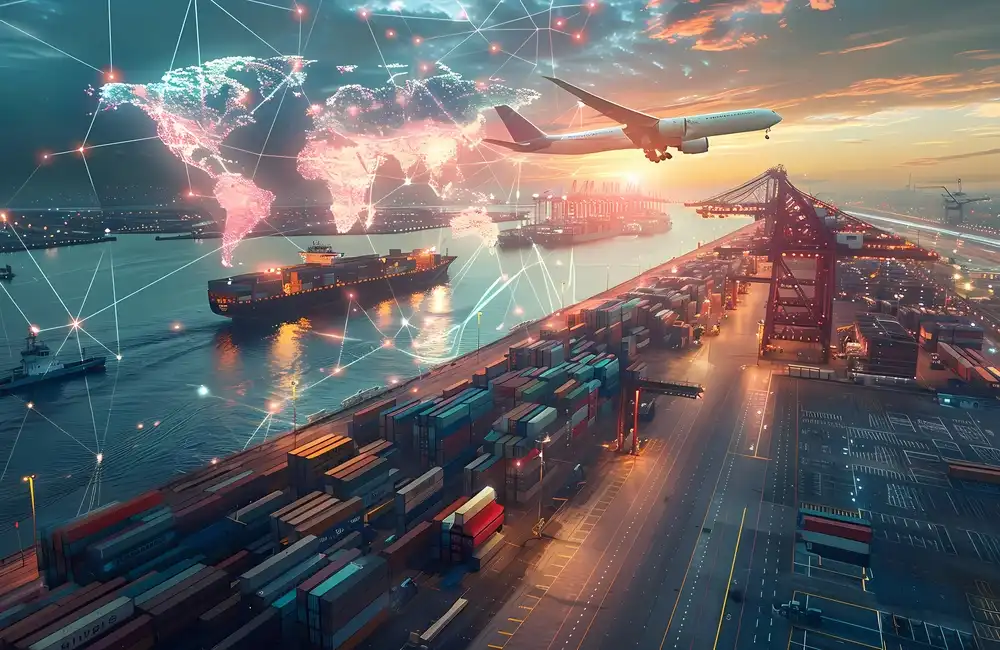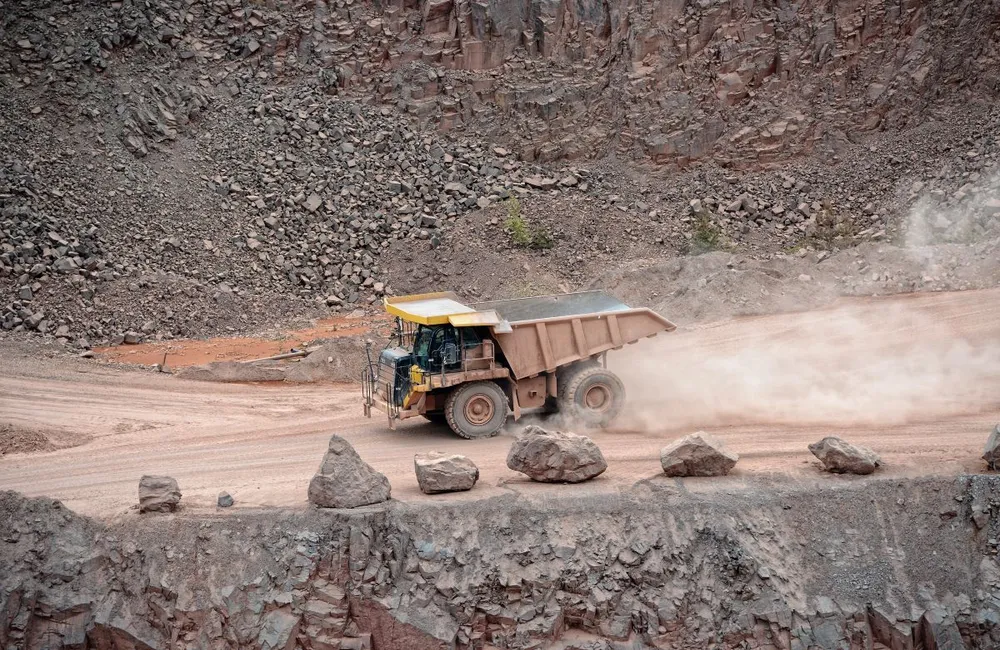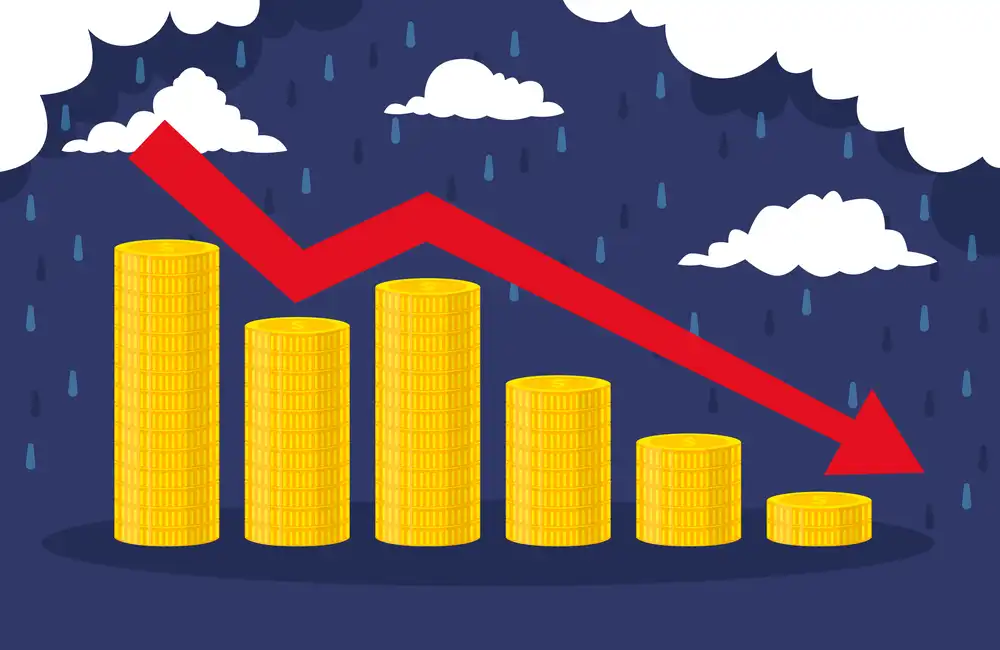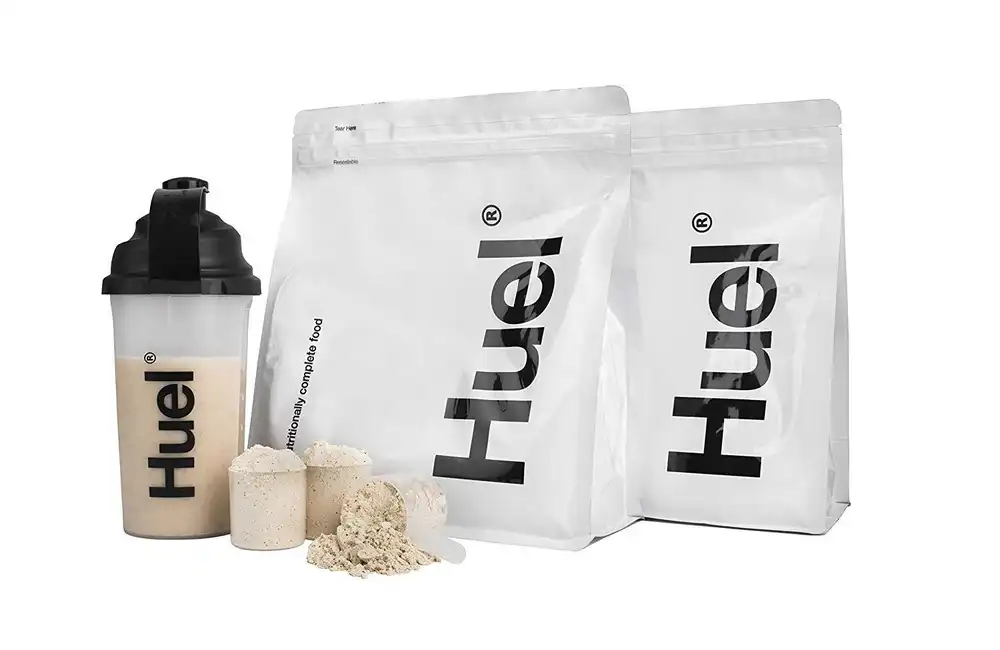The Mutoshi mine, which could rank among the largest cobalt and copper producers in the Democratic Republic of Congo, will begin production next year following a financing and marketing agreement established with Trafigura, the global trader said Jan. 19. Under the terms of the deal Trafigura will market all cobalt hydroxide produced at the site by DRC metals group Shalina Resources, it said.
Trafigura said in a statement that the $600 million financing agreement would enable the delivery of a new supply of high-grade cobalt hydroxide and copper cathode at a period of increasing global demand, with Shalina Resources and its affiliate Chemaf being a DRC vertically-integrated copper and cobalt producer.
The financing will allow the completion of a fully mechanized mine operation at Mutoshi, located in Kolwezi, a solvent extraction-electrowinning processing plant in Kolwezi, and the expansion of the Etoile SX-EW processing plant in Lubumbashi to continue without interruption, the statement said. Trafigura plans to syndicate most of the financing to international banks. Under the agreements, Trafigura will also market all the cobalt hydroxide produced from these Chemaf-operated assets through to the end of 2027.
Etoile is in production of copper and cobalt, but under current production, the numbers are still not available, a Trafigura spokesperson said.
Mutoshi is due, eventually, to produce 50,000 mt/year of copper and 16,000 mt/year cobalt, according to a source close to the company.
Phase 2 of the mine will produce 30,000 mt/year copper and 4,000 mt/year cobalt, the source said.
That investment in mechanization will allow the Mutoshi project, in which Trafigura has a stake since 2018, to shift from responsible artisanal mining to industrial mining, which could elevate the DRC’s image as a cobalt supplier.
The DRC possesses roughly 70% of the world’s reserves of cobalt, a meta-material that has become increasingly used in the production of batteries for electric vehicles. Soaring demand in recent years due to heightened interest in e-mobility has come with significant volatility for cobalt prices. Some battery and carmakers have been seeking to source cobalt outside the DRC, or to lower their dependence of cobalt supplies altogether, due to fears that they are buying material from the DRC that may be associated with child labour, or other practices no longer tolerated by supply chains driven by environment, social and governance issues.
Artisanal mining also makes up between 20% and 40% of the DRC's cobalt production, according to Trafigura. Other major miners such as Glencore and China Molybdenum produce most of the rest of the country’s supplies.
The Mutoshi mine has “significant resource development upside,” Trafigura said in the statement. “It is way past time to have controlled price increases; hence the price increases announced today,” said Schifalacqua.
A key element of the transaction is to build on the experience of Trafigura's partnership with Shalina and Chemaf to further strengthen the management of environmental and social impacts in accordance with international standards such as the OECD's 'Due Diligence Guidance for Responsible Supply Chains' and Trafigura's own responsible sourcing program, the global trader said.



